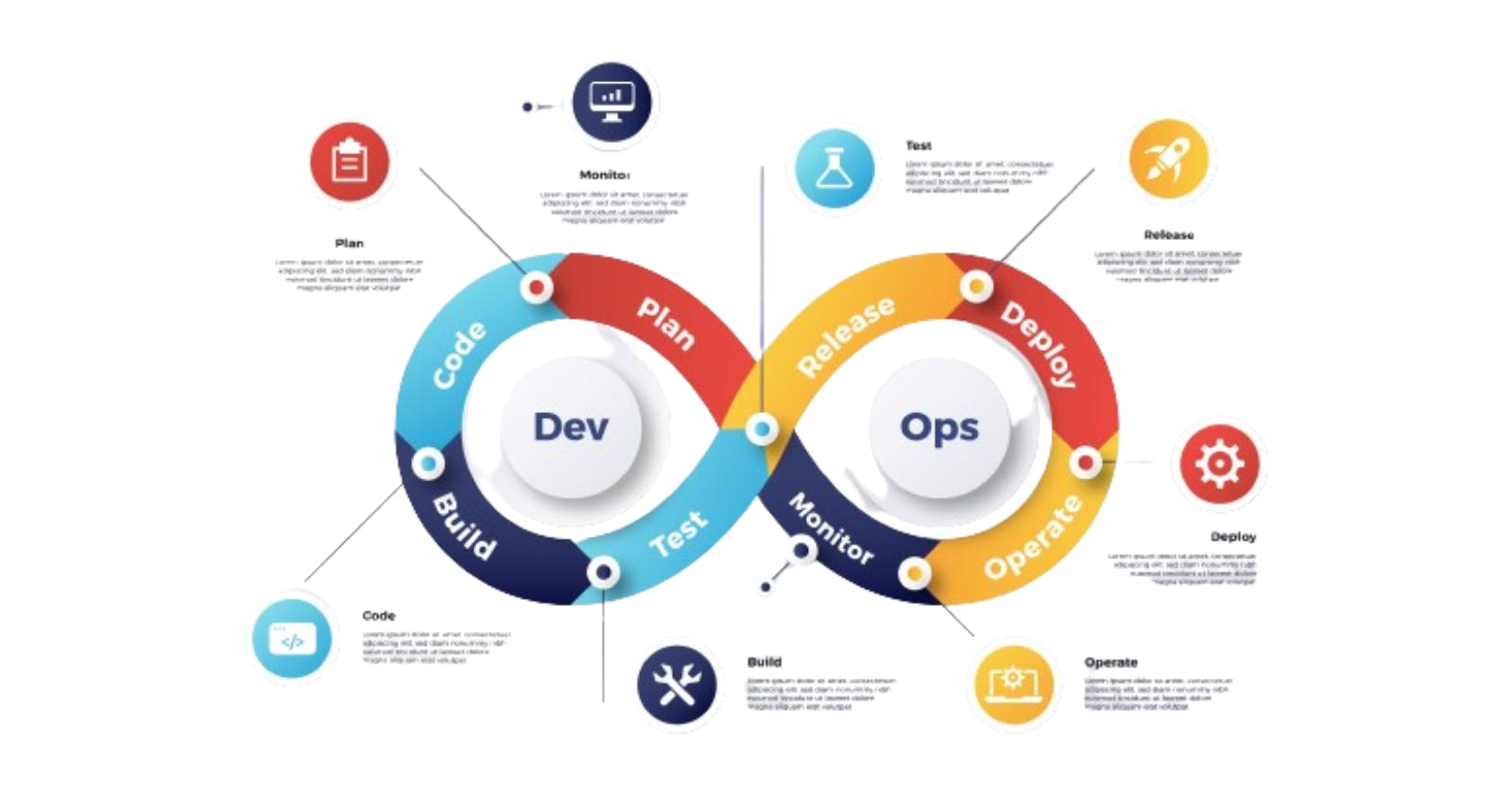Devops is a way of working that combines software development and IT operations. Devops aims to deliver software faster, better, and more reliably. Devops also helps to improve collaboration and communication among teams.
What is Devops?
Devops is not a tool, a framework, or a standard. Devops is a culture that values collaboration, automation, feedback, and learning. Devops is founded on a few essential ideas, including:
Continuous integration: Developers merge their code changes frequently and run automated tests to ensure quality.
Continuous delivery: Software is always ready to be deployed to any environment, such as testing, staging, or production.
Continuous deployment: Software is automatically deployed to production whenever a change is made, without human intervention.
Continuous monitoring: Software performance and user feedback are constantly measured and analyzed to identify and fix issues quickly.
Continuous improvement: Teams learn from their failures and successes and continuously seek to improve their processes and practices.
Why is Devops important?
Devops is important because it helps to achieve some key benefits, such as:
Faster delivery: Devops enables teams to deliver software faster by automating and streamlining the development and deployment processes.
Better quality: Devops ensures that software is tested and verified at every stage of the lifecycle, reducing errors and bugs.
More reliability: Devops improves the availability and stability of software by enabling faster recovery from failures and minimizing downtime.
More innovation: Devops fosters a culture of experimentation and learning, allowing teams to try new ideas and technologies without fear of failure.
More satisfaction: Devops enhances the collaboration and communication among teams, leading to higher morale and productivity.
How to adopt Devops?
Devops is not something that can be implemented overnight. Devops is a journey that requires a change in mindset, culture, and practices. Devops also requires the use of some tools and technologies that support the Devops principles. Several popular Devops tools include:
Version control: Tools that help to manage and track the changes in the code, such as Git, SVN, or Mercurial.
Build automation: Tools that help to compile and package the code, such as Maven, Gradle, or Ant.
Test automation: Tools that help to run automated tests on the code, such as JUnit, TestNG, or Selenium.
Configuration management: Tools that help to define and manage the configuration of the software and the infrastructure, such as Ansible, Chef, or Puppet.
Deployment automation: Tools that help to deploy the software to different environments, such as Jenkins, Bamboo, or Travis CI.
Monitoring and logging: Tools that help to collect and analyze the performance and feedback data of the software, such as Nagios, Splunk, or ELK.
Devops is not a one-size-fits-all solution. Devops is a flexible and adaptable approach that can be tailored to the specific needs and goals of each organization and team. Devops is a continuous process of learning and improvement that requires commitment and collaboration from everyone involved. Devops is a way of working that can help to deliver software faster, better, and more reliably. Devops is a simple guide to a complex world.
Image by Freepik
